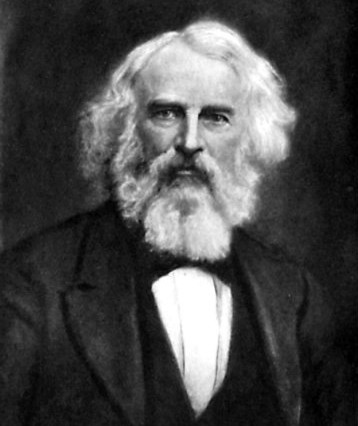Introduction
Based on the 1863 poem “Christmas Bells” by Henry Wadsworth Longfellow (1807–82), this carol depicts the solemn mood of the country during the Civil War. Longfellow had recently endured the loss of his wife Fanny in a fire, and in November 1863, he learned that his oldest son Charles, a lieutenant in the Union Army, had been severely wounded in battle. (Charles would survive his injuries, and after the war, became a famed world traveler.) The poem was also written just six months after the Battle of Gettysburg where 40,000 soldiers lost their lives.
Set to music in 1872 by the English organist, John Baptiste Calkin (1827–1905), this carol of the Civil War has become a Christmas classic. Why do the bells ring on Christmas Day? What is their message? Why does the speaker fear that their message has been “drowned”? How do the bells answer this fear? Do you find this answer persuasive? Why or why not? How should we celebrate Christmas during times of war and other hardships? How does singing this song make you feel?
I heard the bells on Christmas Day
Their old, familiar carols play,
and wild and sweet
The words repeat
Of peace on earth, good-will to men!
And thought how, as the day had come,
The belfries of all Christendom
Had rolled along
The unbroken song
Of peace on earth, good-will to men!
Till ringing, singing on its way,
The world revolved from night to day,
A voice, a chime,
A chant sublime
Of peace on earth, good-will to men!
Then from each black, accursed mouth
The cannon thundered in the South,
And with the sound
The carols drowned
Of peace on earth, good-will to men!
It was as if an earthquake rent
The hearth-stones of a continent,
And made forlorn
The households born
Of peace on earth, good-will to men!
And in despair I bowed my head;
“There is no peace on earth,” I said;
“For hate is strong,
And mocks the song
Of peace on earth, good-will to men!”
Then pealed the bells more loud and deep:
“God is not dead, nor doth He sleep;
The Wrong shall fail,
The Right prevail,
With peace on earth, good-will to men.”
Return to The Meaning of Christmas Day



Post a Comment